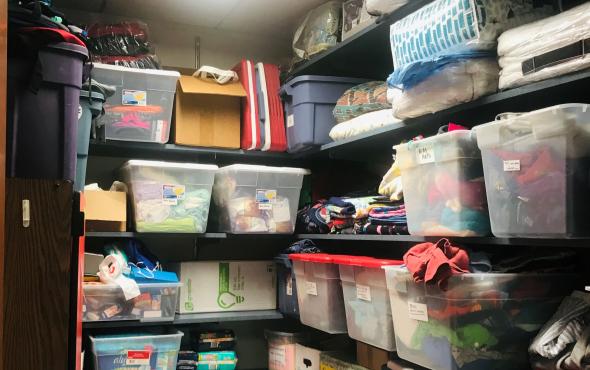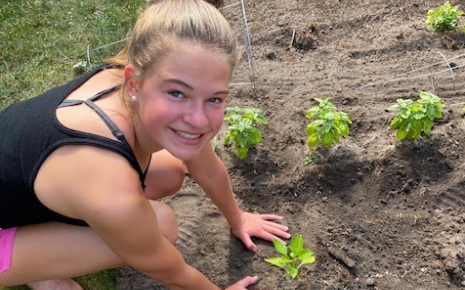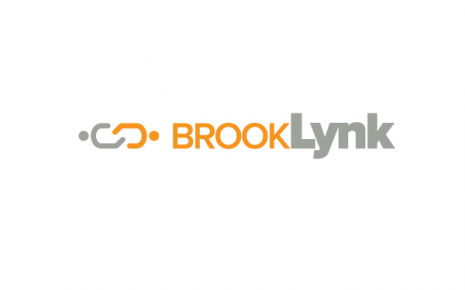“I didn’t realize how much support a family needs!” exclaimed Sa Eh Paw of Neighborhood House.
Sa Eh is one of six Neighborhood House Family Coaches stationed throughout St. Paul. These coaches help connect families in crisis to a wide range of community resources and help — from basic needs like food and home furnishing to more complex issues like health insurance and legal aid.
It was August 2020, right at the height of the uncertainty of the COVID crisis, when Sa Eh joined the team thanks to support from the Greater Twin Cities United Way’s COVID-19 Response & Recovery Fund. She was brought on board specifically to help Karen families impacted by the challenges of COVID-19. “I was born in Myanmar,” Sa Eh reflected, “so I speak Karen and Burmese in addition to English.”
“In Karen families – especially those who are new to this country – they rely on their kids a lot for help navigating the culture and translating materials,” explained Sa Eh. “Once they get to know me and are comfortable with me, that takes a lot of pressure off the young people so they can focus on school and learning.”
In a typical year, that trust would be built through face-to-face interactions and home visits. COVID-19 restrictions meant that relationship-building (not to mention intricate translating of medical or legal documents!) took place virtually. Sa Eh, who estimates that she helped about 30-40 Karen families over the past several months, had to get creative.
She spent many hours on good old fashioned phone calls talking with families and also resorted to “email, or taking a picture of a document with a smart phone and texting it to me, or even meeting outside their homes.”
“Families’ needs were much greater this year,” reflected Sa Eh, “especially for rent and housing.” In addition to helping families find housing and rental assistance, she kept a supply closet stocked with items like diapers and wipes, toothbrushes and toothpaste, warm winter clothing items and other basic needs. “Cleaning supplies were in high demand,” she reported.
Sa Eh forged deep ties with many of the families she served this year. “We provide resources and are here physically for families,” she noted. “But I am also here if they need someone to talk to, someone who can help relieve the stress of COVID. This is a safe place for them.”
For many families, particularly those who don’t have extended family in this country, that compassionate support is crucial. “It’s very emotional,” she shared. “The families are so thankful. One even says I’m like a sister to her. It’s a special bond we share.”


